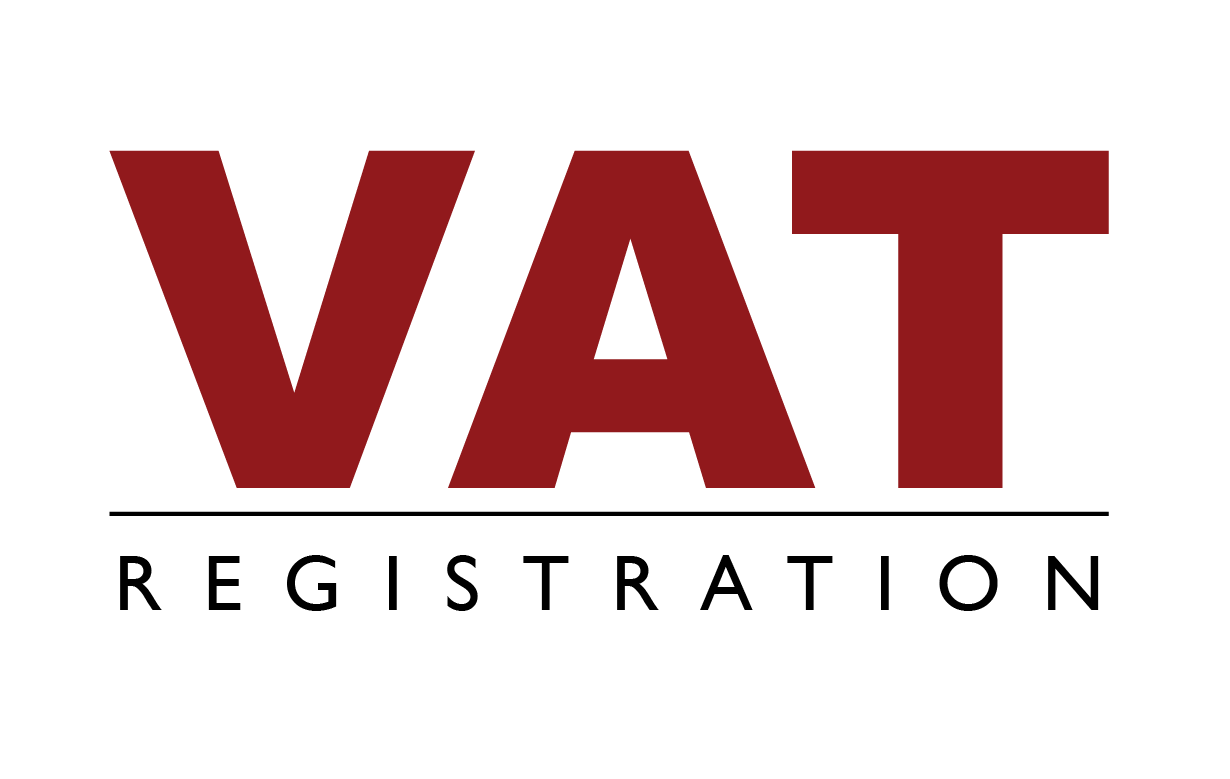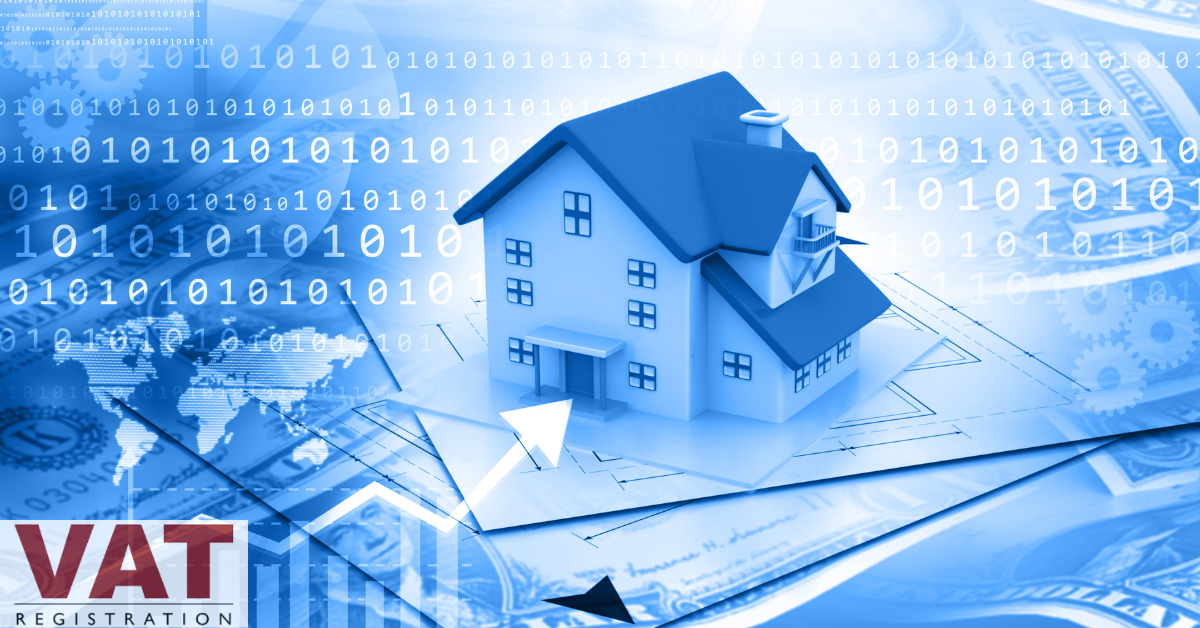Understanding VAT Exemptions in UAE Real Estate Transactions
Regarding real estate transactions in the United Arab Emirates (UAE), understanding the ins and outs of Value Added Tax (VAT) exemptions is crucial. We’ll explore what are VAT exemptions in UAE real estate transactions and how UAE VAT Registration can assist you in navigating the VAT landscape for your residential or commercial property.
Demystifying Real Estate Transactions and Supply of Real Estate
Let’s start by clarifying what real estate transactions entail. Real estate transactions refer to dealings involving properties, which can include land, buildings, and any piece of land that can have rights, interests, or services associated with it. This also covers buildings, structures, fixtures, and equipment permanently attached to the land.
The VAT laws on real estate properties in UAE categorize real estate supplies into four main groups:
- Exempt: These are real estate properties exempt from VAT. This category includes new residential properties and subsequent supplies of charitable buildings.
- Zero-rated pertains to real estate properties or supplies taxed at 0% VAT. This category includes new residential properties and the first supply of charitable buildings.
- Standard rated: This category covers real estate properties or supplies subject to the standard 5% VAT rate. This includes commercial buildings and subsequent supplies of charitable buildings.
- Out of scope: These are real estate properties or supplies not subject to VAT. Properties located within designated zones fall under this category.
The Federal Tax Authority (FTA) considers residential units and bare land exempt from VAT, while commercial units are subject to the standard 5% VAT rate.
Understanding Real Estate Properties According to the FTA
To determine whether VAT applies to a property, it’s essential to understand the distinction between residential and commercial properties, according to the Federal Tax Authority. Residential properties encompass:
- Villas, Townhouses, and Apartments: These must not receive regular services.
- Labourer and Student Housing: Accommodations for labourers and students.
- Armed Forces Housing: Residences provided to police officers and other armed forces personnel.
- Special Care Facilities: Nursing homes, orphanages, and rest houses.
VAT Exemption in UAE Real Estate Properties
Calculating VAT for the sale and lease of residential buildings is straightforward. They are either exempt or zero-rated. For exempt properties, VAT isn’t mentioned on the invoice. Landlords charge 0% VAT for zero-rated properties, which should be reflected on the invoice.
The determination between exempt and zero-rated depends on the time of supply. The first supply within the first 3 years of completion is subject to 0% VAT for new properties. After this period, residential properties become tax-exempt.
Understanding Commercial Properties as per FTA
As we defined residential properties, the Federal Tax Authority also outlines what constitutes commercial properties. These include:
- Serviced Apartments or Hotel Apartments
- Shops of All Sizes
- Offices
- Warehouses
- Healthcare Facilities: Clinics and hospitals
- Educational Institutions: Schools and colleges
- Short-term Leases: Leases shorter than 6 months
VAT Rules for Commercial Properties
According to the FTA guidelines, all commercial properties, leased or sold, are subject to a 5% VAT rate. This means that properties used for office or retail purposes fall under the standard VAT rate. Even non-residential car parking is subject to the standard VAT rate. Serviced apartments and hotels are also considered commercial properties subject to the standard VAT rate.
VAT Recovery Rules for Real Estate Owners
Real estate owners in the UAE can recover expenses related to the first supply of a building if it occurs within the first 3 years of completion. During this period, supplies for residential buildings are zero-rated. After 3 years, owners cannot recover VAT as it becomes an exempt supply. However, in the case of commercial buildings, owners can generally recover VAT related to the supply expenses, as it’s considered a taxable supply.
Treatment of Mixed Buildings Under VAT
For mixed buildings that house both residential and commercial components, the treatment varies:
- Residential Part: The rent or sale of the residential portion depends on the time of supply. It can be either zero-rated or exempt.
- Commercial Part: The rent or sale of the commercial part is subject to 5% VAT. Owners can recover expenses if the supply is taxable, and costs can be apportioned if the supply falls under the exempt category.
VAT Registration for Real Estate Owners
Real estate owners do not need to register for VAT if they don’t have any other businesses in the UAE. However, owners of non-residential buildings must register for VAT if their preceding 12-month supplies exceed AED 375,000 within the next 30 days.
VAT and Tenants of Residential Units
VAT is not charged on the rent of residential buildings. However, the rent of commercial buildings is subject to a 5% VAT rate.
Applying for VAT Registration or Deregistration through VAT Registration UAE
The decision regarding VAT exemptions in UAE real estate transactions lies with the Federal Tax Authority. They might approve or reject the registration applications. If you need assistance with your VAT applications, consider contacting VAT Registration UAE. Our experienced tax agents can guide you through VAT registration or deregistration, ensuring a smooth experience.
In conclusion, understanding VAT exemptions in UAE real estate transactions is vital for property owners and investors. With the right knowledge and guidance, you can navigate the complex world of VAT and ensure compliance with the tax regulations in the UAE.

